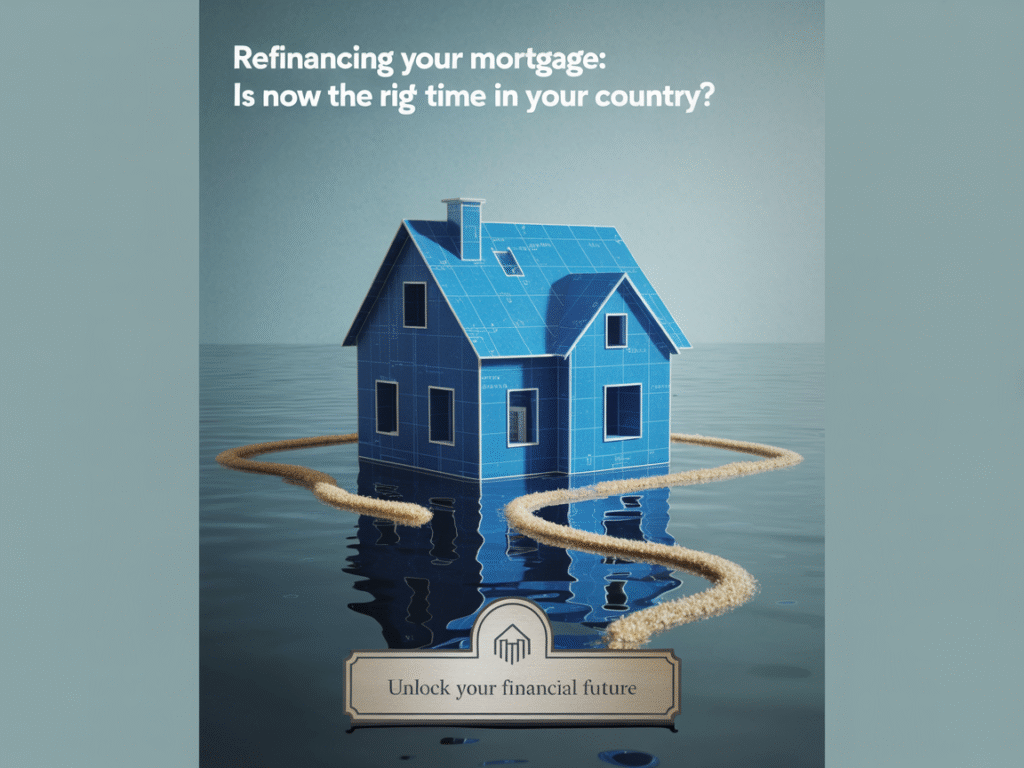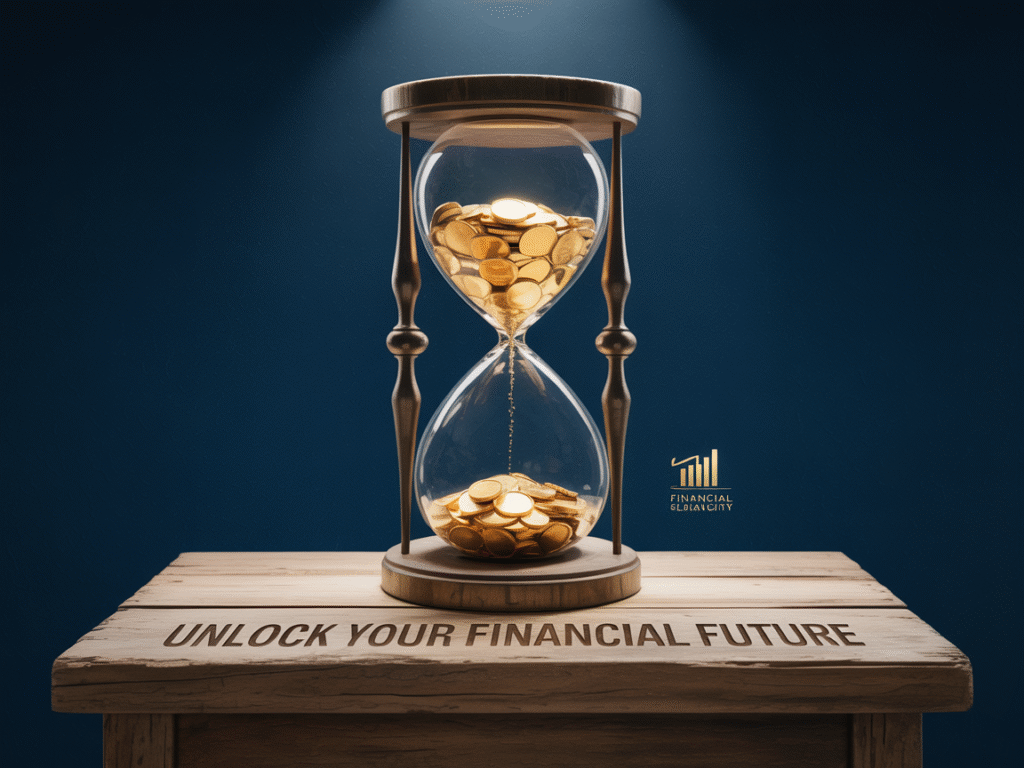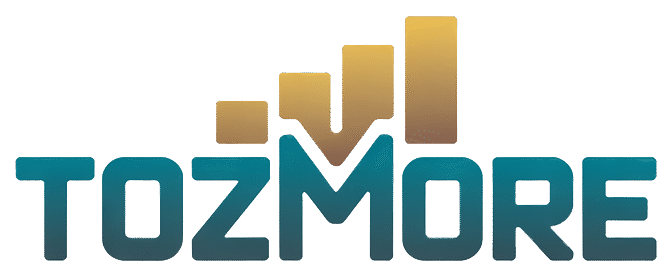
Hey there! I get it—refinancing can sound like another headache on top of everything else. You might be wondering: “Should I even bother?” Let me tell you, I’ve been in that spot—balancing work, bills, and trying not to drown in mortgage paperwork. So today, let’s just talk straight about refinancing—no fluff, no BS.
Why You Might Want to Refinance (And What That Even Means)
First things first—refinancing just means paying off your current mortgage with a new one. Usually, it’s to get a lower interest rate, shorter loan term, or switch from variable to fixed rates. Sounds simple, but it’s not always the right move.
What the Market Looks Like in 2025
Here’s the lay of the land:
- 30-year fixed rates are hovering around 6.8%–6.9%, while 15-year rates are around 5.9%–6.1% ebridgefinancial.com+6newsnationnow.com+6reddit.com+6.
- Refinance rates for 30-year loans are sitting near 7.0%, and 15-year near 5.9% .
- Experts say rates might gradually fall to 6.5% or even around 6% by late 2025 lendingtree.com.
So, the big question is: Does it make sense *for you?
Signs It Might Be a Good Time to Refinance
1. You Can Drop Your Rate Significantly
The rule of thumb? Aim for at least a 1% lower rate. Folks on Reddit often say it’s the minimum that actually makes the costs worth it nasdaq.com+15reddit.com+15reddit.com+15.
2. You’re Staying Put
Refinancing costs money—like 2%–5% of your loan amount investopedia.com+7ebridgefinancial.com+7reddit.com+7. If you’re planning to stay in your home for at least 3–5 years, that can add up to real savings.
3. You Won’t Reset the Clock
Refinancing into a shorter-term loan (like 15 years instead of 30) can save you a ton in interest, as long as you can handle the higher monthly payments.
4. You Have Good Equity
Lenders usually want you to have at least 20% equity in your home for the best rates ebridgefinancial.comnewsnationnow.com.

But Don’t Ignore These Red Flags
⚠️ A Long Break-Even Point
If it takes you, say, 5 years to recoup the costs—but you’re only staying 3—you might be losing money thetimes.co.uk+4investopedia.com+4ebridgefinancial.com+4.
⚠️ You’re Borrowing More Equity
A cash-out refinance might seem tempting, but if home values drop, you risk owing more than your house is worth ebridgefinancial.com.
⚠️ Credit Has Dropped
If your credit score’s taken a hit, you might not get a better rate—even if the market has improved.
⚠️ Your Lender Offers You a Deal
Some banks will lowball you to stay. Always check competitor rates—even if you’re tempted to stay loyal .
Real-Life Scenario: The Johnson Family
My friends, the Johnsons, locked in a 7.5% rate in late 2023. By mid-2025, their rate had dropped to around 6.5%. They asked their lender to recast the loan—closing costs were ~$5,000, but their monthly savings was $150. They break even in ~33 months. Since they planned to stay, it was a smart move.
Smart Steps If You Think It’s Time
- Calculate your break-even point. Divide costs by your monthly savings.
- Shop around. Compare offers—there can be 0.8% difference between lenders newsnationnow.com.
- Check your credit. A better score = better rate.
- Pick the right term. Shorter = less interest, but more monthly. Find your balance.
- Lock your rate once you decide; rates can change daily.
Should You Wait for Rates to Drop?
Experts warn waiting for rates to sink below 6%–maybe even 5%—might take a while . Remember: brick-and-mortar realities matter. A small drop doesn’t always justify another refinance—especially with closing costs in the mix.
Final Thoughts: It’s All About Your Situation
Refinancing isn’t a magic fix—but it can be a smart tool if:
- You’ll stay long enough
- You’re saving at least a percent or two
- You’ve done the math
- You’re not wiping out your equity
If you’ve got all that lined up—ojo con esto—it might just be the right move. And if it’s not the right moment, that’s okay too. Just keep an eye on rates, stay informed, and give it another look later.
